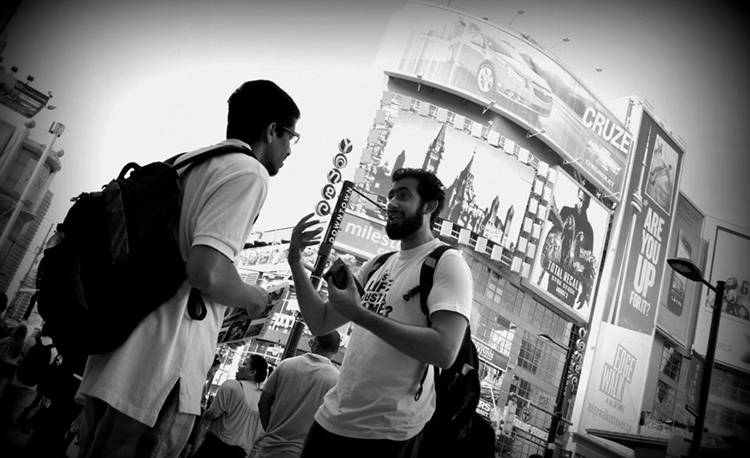Destination KSA - Your Guide to Saudi


An aspiring student of knowledge, and an avid writer, keen to share the little she’s learnt. She is a student at IOU, and various other Islamic/Arabic classes. She is an editor for AAT.org/blog and a Student Adviser for Himmah College of Dawah (ww.himmahcollege.com). She has a love for sports, and creative hands-on activities. Oh, she also works best with chocolate!
Increasing your blessings, in this life and the next, how to increase rizq . how to increase rizq in islam Rizq: Provision is the blessings of this world and of the Hereafter. One should work, and take up the means to attain his rizq. As always, there are tips from the Qur’an and Sunnah to […]
By Bibi Zainab Dowlut
Over time, people have sought to try to understand the divine being they refer to as ‘god’. They have drawn images, depicted statues and carved idols to whom they devote their acts of worship. Many a times, they have applied this concept to Islam and have expressed confusion as to who Muslims worship. who is […]
By Bibi Zainab Dowlut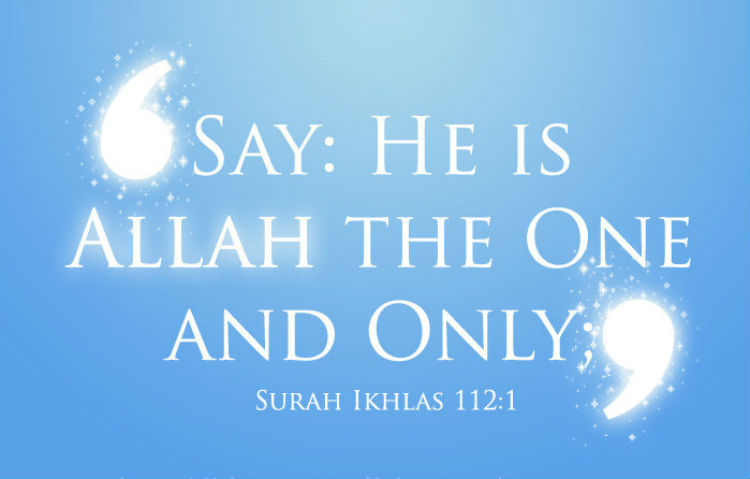
Belief: To believe in his Prophet hood and to believe that he was sent by Allah as a messenger to mankind. “So believe in Allah and His Messenger and the Qur’an which We have sent down.” (64:08) Obedience: To obey him in what he has commanded and abstain from what he has prohibited. The Prophet […]
By Bibi Zainab Dowlut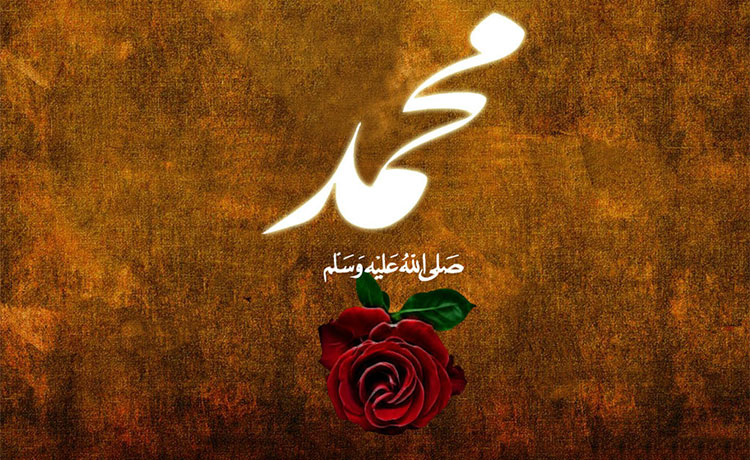
Praise when directed to one who is deserving should not be held back. Who is more deserving of the greatest praise, but our Lord Most High? It is only natural that we praise and exalt Him, for He has created us, created our world, and bestowed upon us many bounties. The Prophet narrated to us […]
By Bibi Zainab Dowlut
You may have already packed your bags as you head off to a well-earned break. Away from home, away from work. Or soon you’ll be packing them. Or this holiday, you may decide to stay at home and just put your feet up as you take a long de-stress. Well, whatever you are doing this […]
By Bibi Zainab Dowlut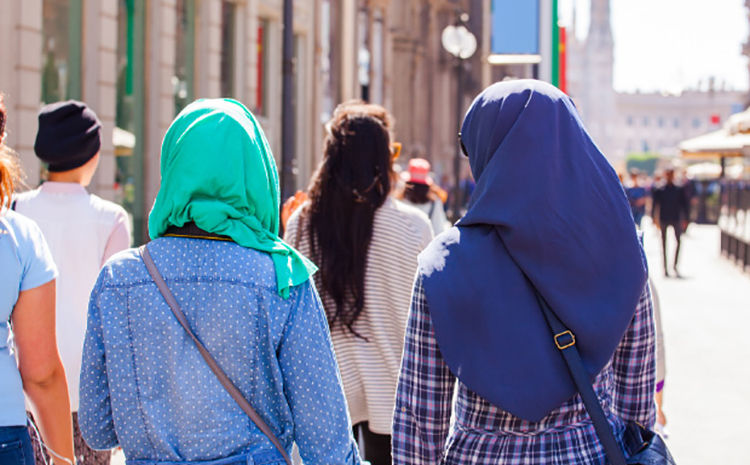
Some would look at the above title and think, “hmmmmmph! What benefits do I get? My stomach is aching, I’m starving, thirsty, dizzy, tired, and I can’t go about my usual routines!” Read on dear readers, read on… Physical Benefits Let’s begin with the physical benefits. Fasting is detoxifying to your body. Your body clears […]
By Bibi Zainab Dowlut
Ramadan, a blessed time of year, but often branded as the month of starvation. Many dread the days ahead, fearing the hunger pangs, parched throat, headaches and tiredness. However, Ramadan is more than mere suffering. Its purpose is much deeper. Allah has prescribed fasting for us so that we can reconnect, and become better people. […]
By Bibi Zainab Dowlut
“Racism is prejudice, discrimination, or antagonism directed against someone of a different race based on the belief that one’s own race is superior.” Allah has created each of us uniquely, with different colors, skin textures, voices and physical features. Yet, we all are the descendants of Adam and Hawwa, and are a part of the […]
By Bibi Zainab Dowlut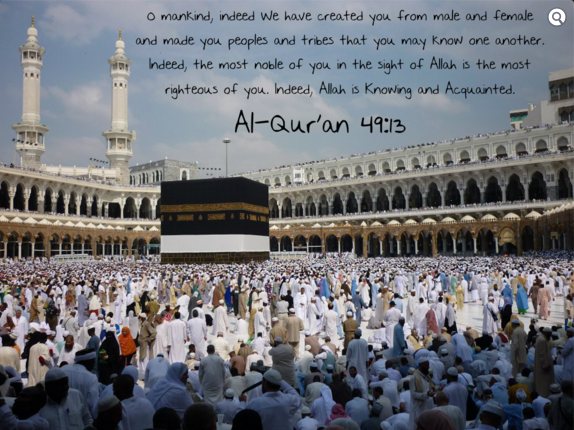
Exploring has always been an excitement-filled acquaintance with new cuisines, cultures, peoples and languages. Adventure and exploring can be done in a variety of strata with discoveries of different worth and import, and the precious acquirement of all discoveries is useful knowledge. As Socrates says: “The only good is knowledge and the only evil is […]
By Bibi Zainab Dowlut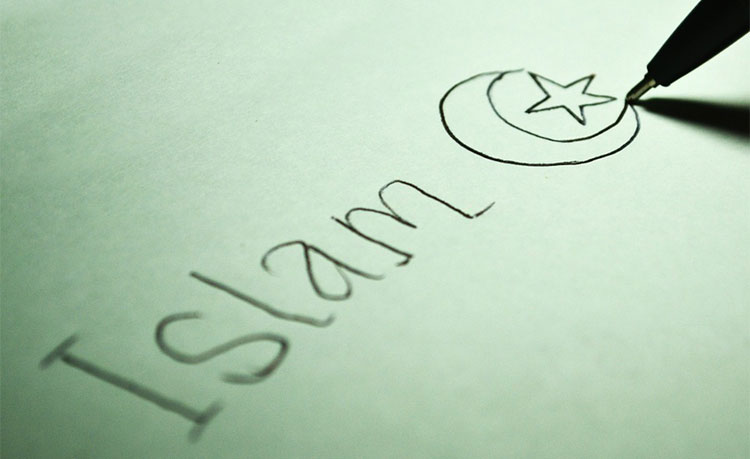
Since a visit to the beach is out of reach, head out to these pools to get your summer cool. Diplomatic Quarter Sports Complex Type: Wave pool For: Families Location: Diplomatic Quarters It’s great for all-year round recreational activities for the family. It’s almost like a resort and you can get access […]
By Bibi Zainab DowlutDa’wah is to invite a person to the true teachings of Islam, to call them to the worship of one deity. It is a duty placed upon our shoulders and an extension of the Prophet’s work. It has become a common misconception, that one must be ‘professionally trained’ in order to carry out the task. […]
By Bibi Zainab Dowlut
One can only imagine the flavour of iman; you can lick your lips as hard as you might, but you will not find it on the tip of your tongue. Unless, you didn’t wipe your mouth properly after lunch…but even then, the sweetness of iman is one that is found in the heart. It is […]
By Bibi Zainab Dowlut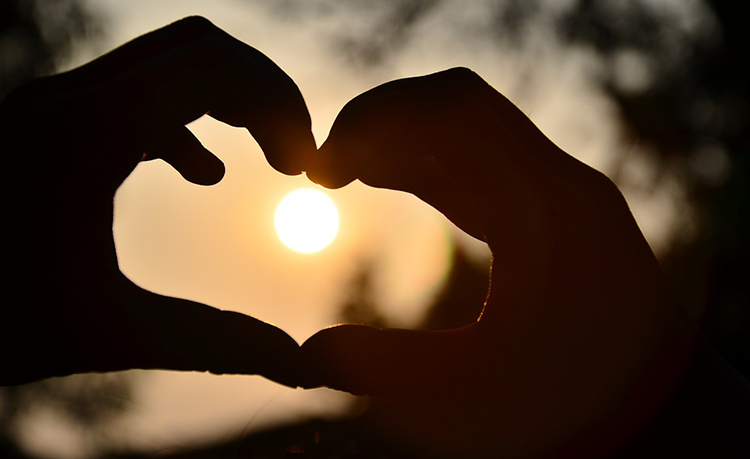
Da’wah is to invite a person to the true teachings of Islam, to call them to the worship of one deity. It is a duty placed upon our shoulders and an extension of the Prophet’s work. It has become a common misconception, that one must be ‘professionally trained’ in order to carry out the task. […]
By Bibi Zainab Dowlut